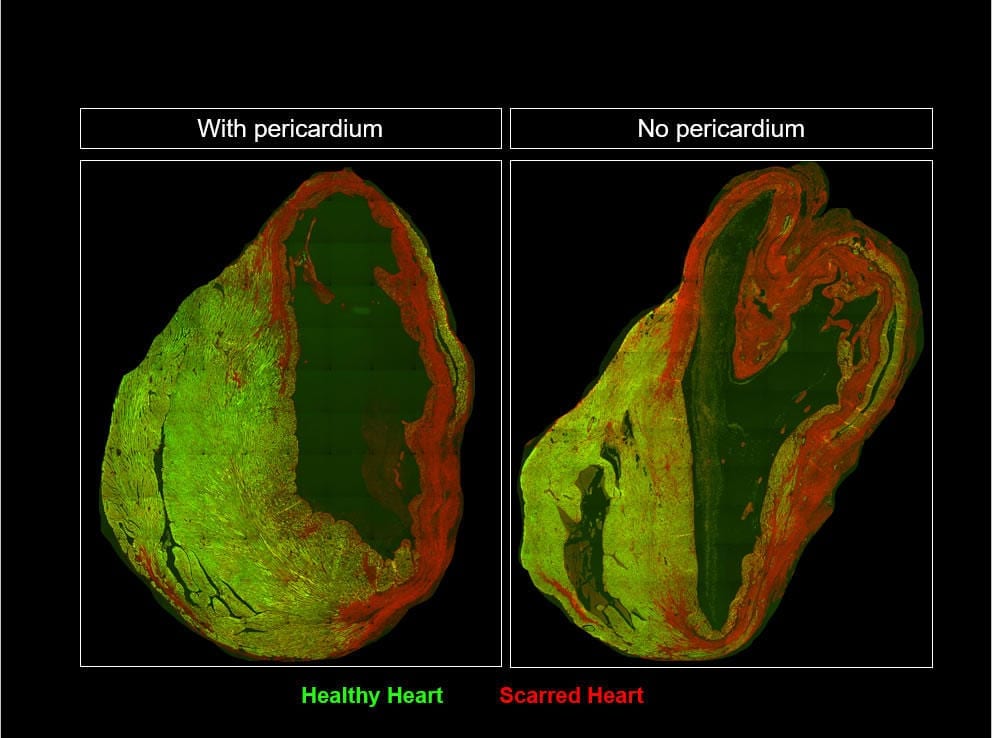
The City College of the City University of New York (more commonly referred to as the City College of New York, or simply City College, CCNY, or City) is a public senior college of the City University of New York (CUNY) in New York City
The Latest Bing News on:
City College of New York Research
- PolitiFact Shames Talk of ‘Outside Agitators’ in College Protests
PolitiFact doesn't like people suggesting protesters on college campuses aren't local and that they might be paid to protest.
- Op-ed: We need to invest in the next generation of New York’s unsung heroes: Our tradespeople
The New York Building Congress forecasts citywide construction spending to grow to $88 billion in 2024. As a result of this anticipated surge, construction jobs are poised to reach 160,000 in 2024.
- New CUNY-GLOBE partnership will expand and innovate NASA’s environmental science and education program infrastructure
A City University of New York research team has been selected to receive a highly competitive cooperative agreement award aimed at expanding and innovating NASA’s Global Learning and Observations to ...
- City College, Against Its Nature, Asks Police to End Campus Protest
The college president faced a momentous decision: Watch the chaos grow, or ask the New York Police Department to restore order? And so Vincent Boudreau, president of the City College of New York ...
- City College of New York goes remote after NYPD arrests protesters. See the statement.
City College of New York will hold remote classes Wednesday after the NYPD arrested several pro-Palestinian protesters on campus.
The Latest Bing News on:
City College of New York Discovery
- Amber Ruffin & Kevin Sciretta's BIGFOOT & More Set for New York Stage And Film 2024 Summer Season
New York Stage and Film has revealed the 2024 summer season at Marist College. See the full lineup and learn how to purchase tickets!
- City College of New York shifts to online learning amid protests, NYPD arrests 173
The City College of New York, part of the CUNY system, moved to remote learning starting Wednesday following continued protests and the development of an encampment on the college's campus ...
- City College of New York goes remote after NYPD arrests protesters. See the statement.
City College of New York will hold remote classes Wednesday after the NYPD arrested several pro-Palestinian protesters on campus.
- Anti-Israel protesters violently clash with NYPD cops outside City College of New York
Anti-Israel protesters at the City College of New York violently clashed with police officers Tuesday night outside the campus where an “intifada” encampment was erected last week.
- Pro-Gaza protestors clash with NYPD cops at City College of New York
The City College of New York will be shifting to online classes as a pro-Palestinian protest continues on at the Harlem campus.








